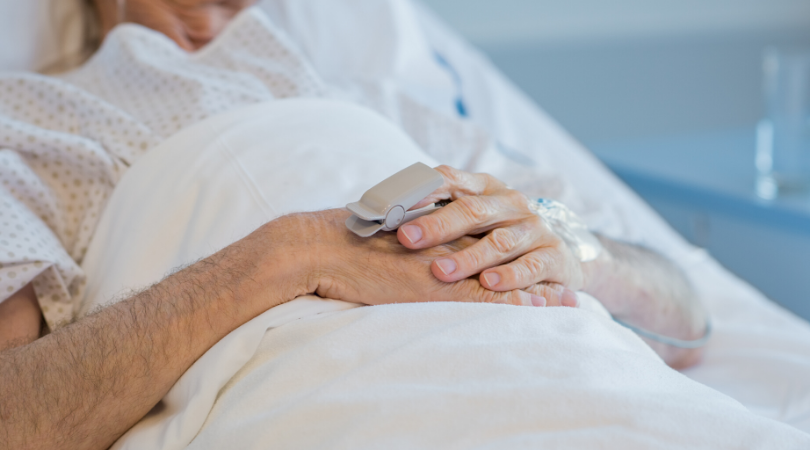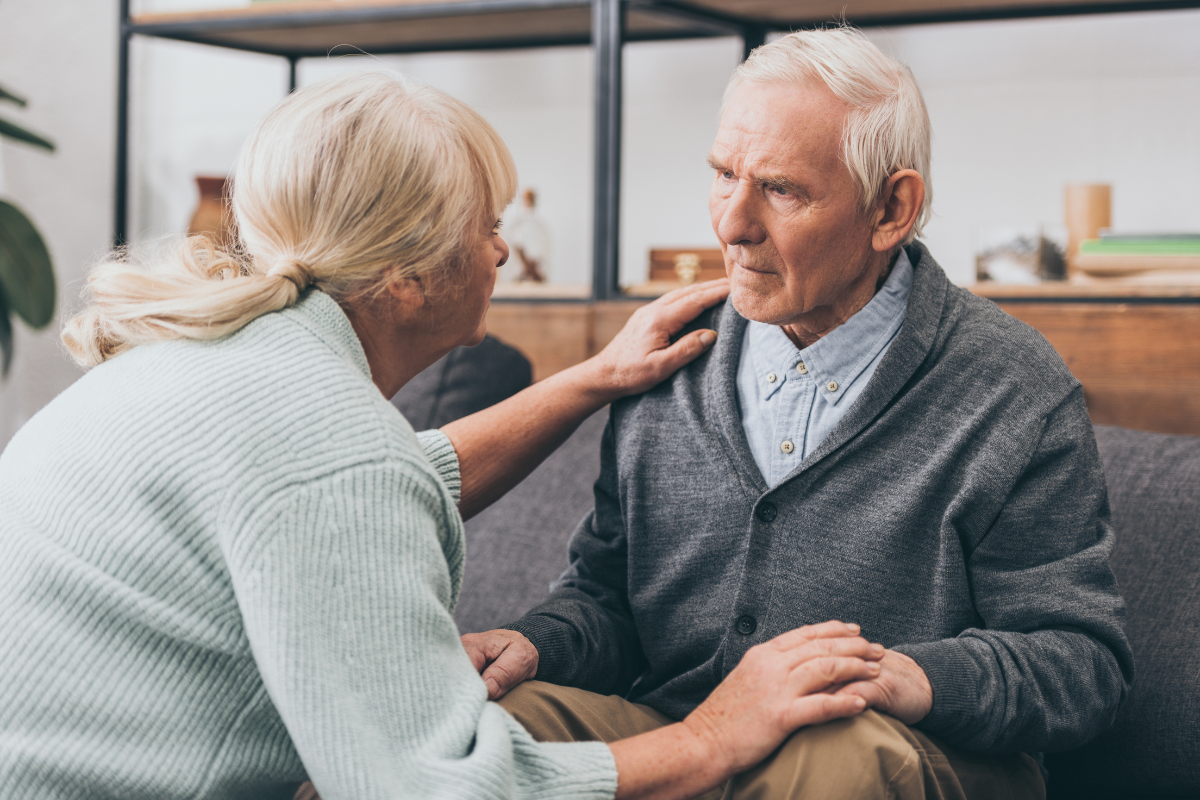Dealing with Chronic Illnesses During the COVID-19 Pandemic

As we enter another month of the COVID-19 pandemic, this frightening virus continues to be in the forefront of all daily newscasts, social media, and talk shows. Most of us have adopted new phrases in our day-to-day conversations with family and friends such as “flattening the curve,” “social distancing,” “N95 masks,” and “clusters” to name a few.
We are also becoming better educated about how to monitor for symptoms of the virus such as fever of 100.4F or higher, cough, shortness of breath and difficulty breathing. What has not changed, sadly, is the millions of people who continue to struggle with chronic conditions.
Chronic Illness and COVID-19
Individuals with chronic illnesses such as COPD, CHF, heart disease, multiple sclerosis, diabetes, and renal disease still require access to healthcare and treatment. Obtaining this much-needed treatment has changed dramatically in the wake of COVID-19.
Limitations and shortages of personal protective equipment (PPE) such as masks, gloves, and gowns have required many healthcare clinics and physicians to either donate their supply to hospitals or limit office hours and access.
Hospitals have new policies and procedures regarding when, where, and how individuals can enter their facilities.

How to Receive the Care You Need for Non-COVID-19 Illnesses
With all of the new “norms,” what is the best course of action to ensure patients continue to receive proper healthcare? Unfortunately, there is no single answer. But there are some common sense approaches that individuals can take.
Always plan ahead.
- Determine current medication supplies and avoid waiting until the last minute to contact your physician or pharmacy for a refill.
- Monitor symptoms and notify your healthcare provider at the first sign of a change in condition.
Be compliant with current treatment regimens as ordered by your physician.
- Don’t miss or forget to take medications as prescribed or forgo necessary treatments.
- Continue to monitor blood glucose levels (if ordered by your physician).
- Maintain proper nutrition and hydration.
- Obtain proper amount of sleep each night
- Attempt to reduce stress levels such as reading a book, taking a walk, enjoying some fresh air outdoors, disconnect periodically from news and social media which has 24 hour coverage of COVID-19 pandemic
- Try to find enjoyment in the simple things while following state and federal “safer at home” recommendations
Understand healthcare plans.
- Perhaps there is the option of a telehealth visit that can be utilized instead of the normal trip to the doctor’s office.
Follow CDC recommendations.
- Wash hands.
- Practice social distancing.
- Clean surfaces using approved disinfectants.
- Isolate from those exhibiting symptoms of any illness.

Home Palliative Care Options
For those exhibiting worsening symptoms or who have loved ones struggling with a chronic illness, contact Crossroads Hospice & Palliative Care at 1-888-564-3405 to see if you are eligible for the support of palliative or hospice care.
It is critical that we keep the health and safety of all patients a priority as we navigate the uncharted waters of this pandemic. Beginning with these approaches will set us on the right path forward.
DeAnna Looper RN, CHPN, CHPCA
Crossroads Hospice & Palliative Care
Chief Compliance Officer
If you found this information helpful, please share it with your network and community.
Copyright © 2020 Crossroads Hospice & Palliative Care. All rights reserved.




